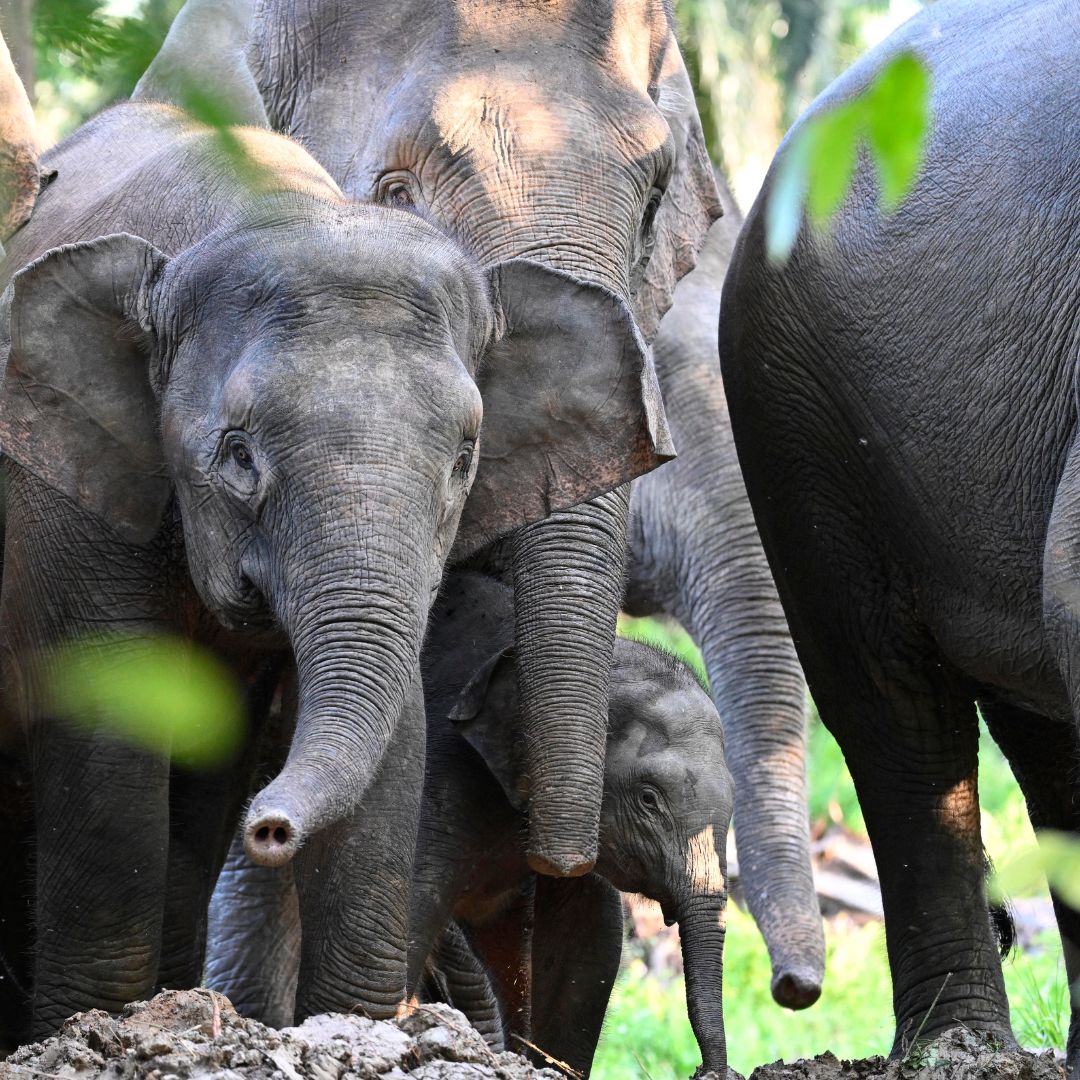Summary of Houston Zoo Conservation Partners Win Whitley Fund for Nature Awards:
Two longtime conservation partners, Dr. Farina Othman and Dr. Olivier Nsengimana, received awards from the Whitley Fund for Nature in London. Dr. Olivier Nsengimana, awarded the Whitley Gold Award, was recognized for his work with the Rwanda Wildlife Conservation Association (RWCA) in saving the grey crowned crane from extinction in Rwanda by stopping illegal trade and engaging communities. However, transboundary efforts are needed to protect the species in neighboring countries. Dr. Farina Othman, who works with NGO Seratu Aatai, received the Whitley Award for her efforts to develop coexistence strategies between humans and Bornean elephants in Sabah, amidst challenges from habitat fragmentation due to oil palm plantations.
- Highlight the achievements of Houston Zoo’s conservation partners and their impact on wildlife conservation.
- Explore Dr. Olivier Nsengimana’s efforts in conserving Rwanda’s grey crowned cranes and addressing transboundary challenges.
- Examine Dr. Farina Othman’s work with Bornean elephants, focusing on human-elephant conflict and habitat fragmentation.
- Discuss the significance of the Whitley Fund for Nature Awards and their role in promoting international conservation efforts.
- Emphasize the importance of community engagement and sustainable practices in wildlife conservation strategies.
Houston Zoo Conservation Partners’ remarkable achievements underscore the critical role of collaborative efforts in wildlife preservation globally. Two longstanding partners, Dr. Farina Othman and Dr. Olivier Nsengimana, were recently celebrated as Whitley Fund for Nature Award winners in London. This accolade highlights their exceptional contributions to conserving endangered species and their habitats.
Dr. Olivier Nsengimana, honored with the Whitley Gold Award, has significantly impacted Rwanda’s grey crowned cranes. These birds, facing severe threats from illicit trade and habitat destruction, were on the brink of extinction. Through the Rwanda Wildlife Conservation Association (RWCA), the wild crane population has grown fourfold since 2015. The organization’s innovative approach involves engaging local communities as Conservation Champions. This collaboration has succeeded in halting the illegal trade of these cranes and developing sustainable, nature-based solutions to counter habitat loss.
However, new challenges await. Cranes may be safer within Rwanda, but threats persist in neighboring regions. Olivier’s ambitious plan aims to secure protection across East Africa. This necessitates robust transboundary cooperation and community collaboration. Establishing a network of protected areas and fostering partnerships among East African countries can facilitate this goal. Such cooperation is crucial to maintaining the ecological balance essential for the grey crowned cranes. Educating communities about the importance of these birds not only reinforces conservation but also fosters a sense of stewardship.
On another front, Dr. Farina Othman’s work in the Lower Kinabatangan region of Sabah addresses the grave threats to Bornean elephants. These threats predominantly arise from habitat fragmentation and human-elephant conflicts as oil palm plantations proliferate. Along with the NGO Seratu Aatai, Dr. Othman is pioneering coexistence strategies that integrate conservation with sustainable land use. This integration is vital for maintaining biodiversity and averting further ecological degradation.
Dr. Othman’s work includes advocating for the establishment of wildlife corridors, which connect fragmented habitats, allowing elephants to migrate safely. Additionally, promoting sustainable agriculture practices mitigates conflicts between humans and elephants over land use. Such strategies align with broader conservation efforts and exemplify how local communities can benefit from and contribute to sustainable ecological practices.
The Whitley Fund for Nature Awards serve as a global platform for recognizing and promoting impactful conservation efforts. These awards not only spotlight successful projects but also provide financial support for future initiatives. This recognition plays a vital role in encouraging conservationists worldwide. Through funding and acknowledgment, the awards amplify the voices of those dedicated to protecting our planet’s biodiversity.
Community engagement remains a cornerstone of effective conservation. Empowering local populations to actively participate in preservation efforts ensures long-lasting success. Programs that educate and involve communities create a deeper understanding of the balance between human activities and conservation needs. This collaborative approach can yield innovative solutions tailored to local contexts, which are crucial for addressing specific environmental challenges.
Ripples of these conservation efforts extend far beyond the immediate results. They contribute to a global shift towards sustainable living, illustrating the interconnectedness of ecosystems and human societies. By supporting community initiatives, incentivizing sustainable practices, and fostering international cooperation, we pave the way for a future where wildlife can thrive.
The stories of Dr. Nsengimana and Dr. Othman exemplify the power of targeted conservation efforts. Their work stands as a testament to the impact dedicated individuals can have when supported by global communities and networks. As the Houston Zoo and its partners continue their invaluable work, the future of endangered species like the grey crowned crane and the Bornean elephant appears brighter. Addressing these challenges requires not just recognition but unwavering commitment to sustainable practices and conservation strategies worldwide. The Houston Zoo Conservation Partners and their successes inspire ongoing efforts to conserve our planet’s precious wildlife amidst growing environmental challenges.


